1. Deborah Sampson
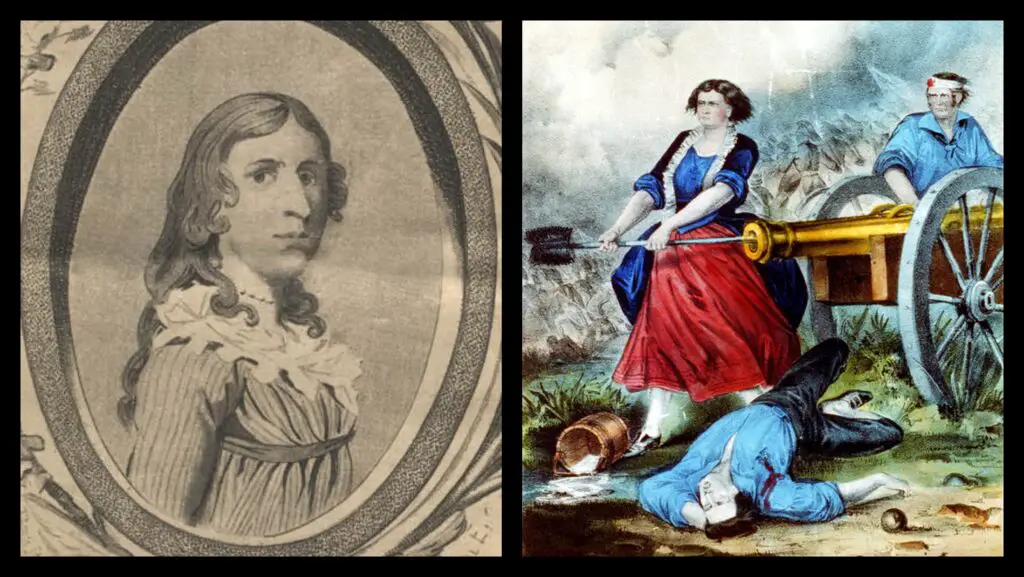
Deborah Sampson was a Revolutionary War hero who disguised herself as a man to fight for American independence. At a time when women weren’t allowed to serve in the military, she cut her hair, bound her chest, and took on the name Robert Shurtliff. She fought bravely in multiple battles and even removed a musket ball from her own leg to keep her identity a secret. Eventually, her true identity was discovered, but instead of punishment, she was honorably discharged. Years later, Paul Revere himself helped her secure a military pension shares the National Women’s History Museum.
Her story was nearly lost to history, but she deserves to be remembered as one of America’s first female soldiers. It wasn’t just her bravery in battle that made her remarkable, but also her perseverance in standing up for herself long after the war. She gave lectures about her time in the military, advocating for women’s rights long before it became a national conversation.
2. Bass Reeves
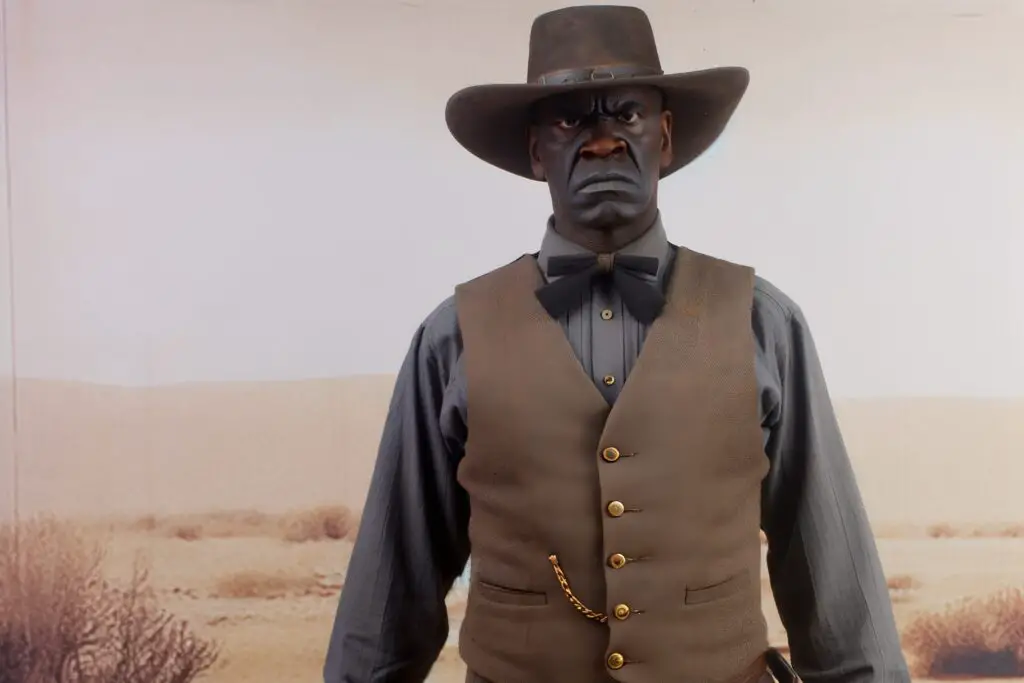
Bass Reeves was a real-life Wild West legend who worked as one of the first Black U.S. deputy marshals west of the Mississippi. Born into slavery, he escaped during the Civil War and found refuge with Native American tribes before becoming a lawman. Over his career, he arrested more than 3,000 outlaws and was known for his incredible marksmanship and detective skills. Some historians even believe he was the inspiration for the Lone Ranger.
Unlike the gun-slinging antiheroes of Hollywood Westerns, Reeves was a man of honor and integrity. He often used disguises and clever tactics to capture criminals without unnecessary violence. Despite facing racism and prejudice, he upheld justice in a way few could match. His life story is more thrilling than most movies, and he certainly deserves a holiday in his honor. Watch the show based on him on Paramount+.
3. Sybil Ludington
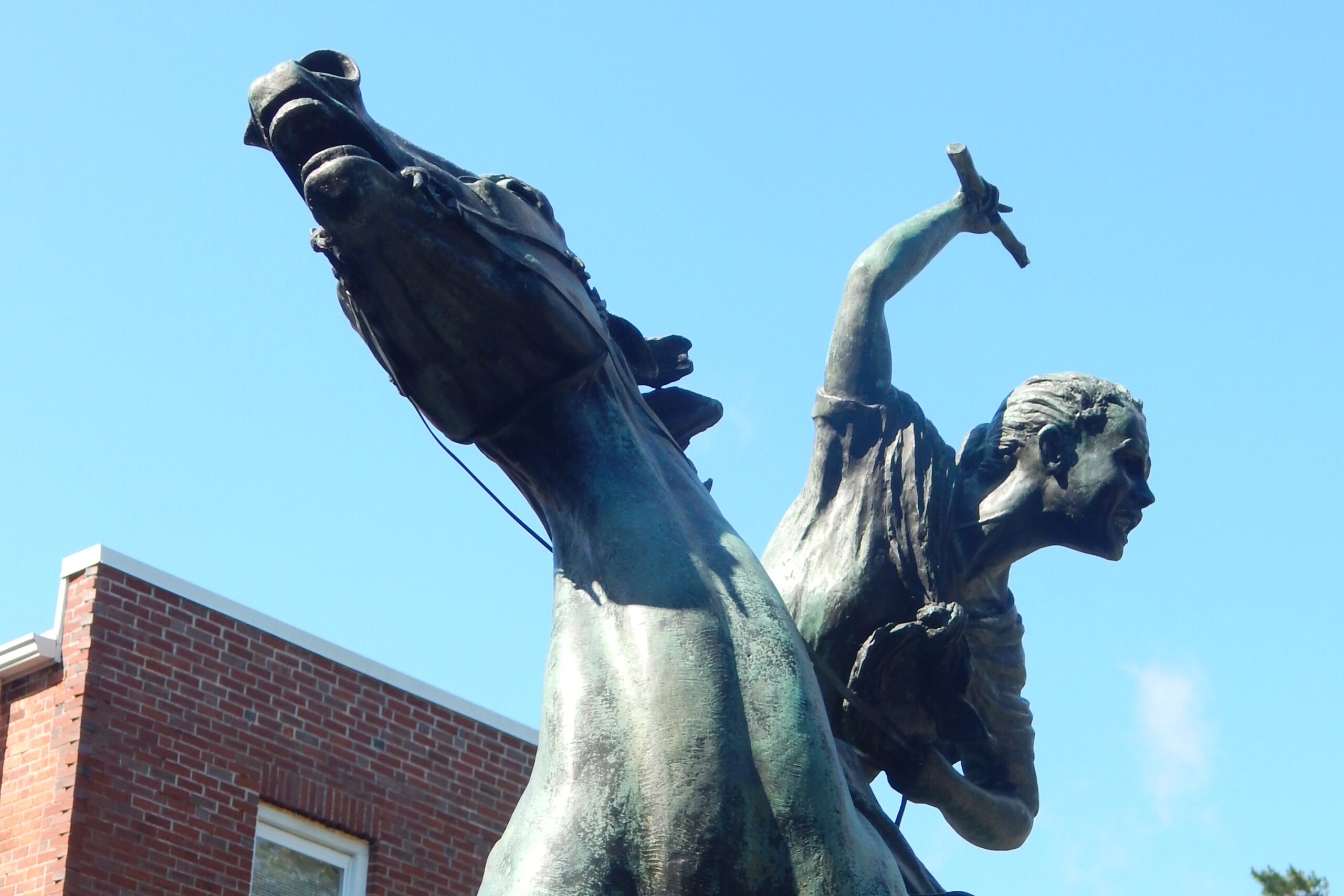
Paul Revere gets all the credit for his famous midnight ride, but 16-year-old Sybil Ludington made an even longer journey to warn of an incoming British attack. On April 26, 1777, she rode nearly 40 miles—twice the distance Revere covered—to rally troops in New York. Through dark forests and pouring rain, she banged on doors and called soldiers to arms. Thanks to her warning, local militia forces were ready to fight shares Historic America.
Despite her incredible bravery, Sybil’s story was largely forgotten. She didn’t get poems written about her or statues in her honor. But without her daring ride, an important battle in the Revolutionary War might have gone very differently. She deserves to be remembered just as much as Revere—if not more.
4. Dr. Rebecca Lee Crumpler
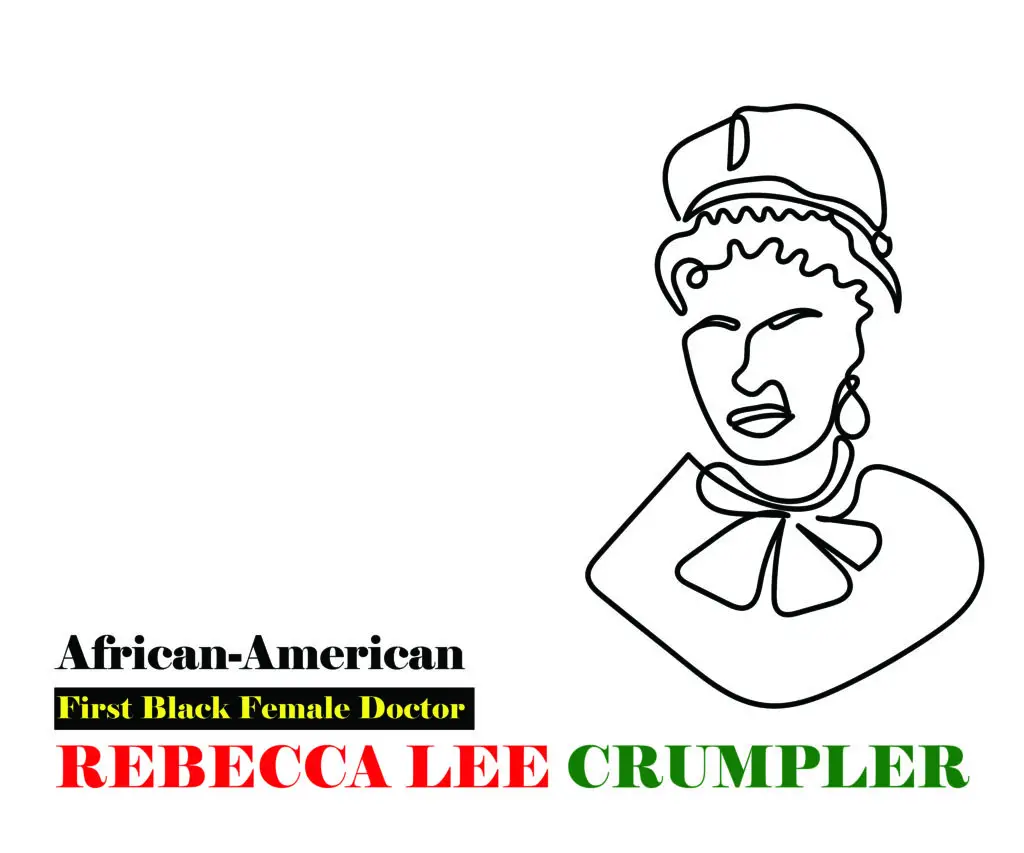
Dr. Rebecca Lee Crumpler shattered barriers as the first Black woman in the U.S. to earn a medical degree. At a time when women, especially Black women, were discouraged from entering medicine, she attended the New England Female Medical College and graduated in 1864. After the Civil War, she dedicated her career to treating freed slaves who had little access to healthcare. She also wrote a medical guide aimed at helping women and children understand their health adds CompHealth.
Her contributions to medicine were groundbreaking, but history largely overlooked her. She fought through racial and gender discrimination to bring healthcare to those who needed it most. She didn’t just practice medicine—she worked to change the system and open doors for others. A holiday in her honor would remind us of the importance of equality in healthcare.
5. Peter Francisco
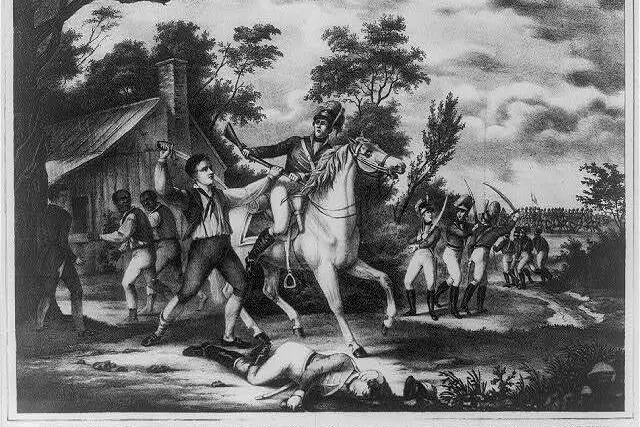
Peter Francisco was a one-man army during the American Revolution, known for his incredible strength and battlefield heroics. Orphaned as a child and raised in Virginia, he grew into a towering figure with unmatched combat skills. He fought in some of the war’s most important battles, once single-handedly defeating multiple enemy soldiers to capture their horses. George Washington himself called Francisco a “one-man army.”
Despite his legendary status among those who study the Revolution, his name isn’t well known today. His bravery helped turn the tide in crucial battles, and he even carried a six-foot-long sword specially made for him. If any war hero deserves a holiday, it’s Peter Francisco. His feats sound like something out of an action movie, but they were entirely real.
6. Frances Perkins
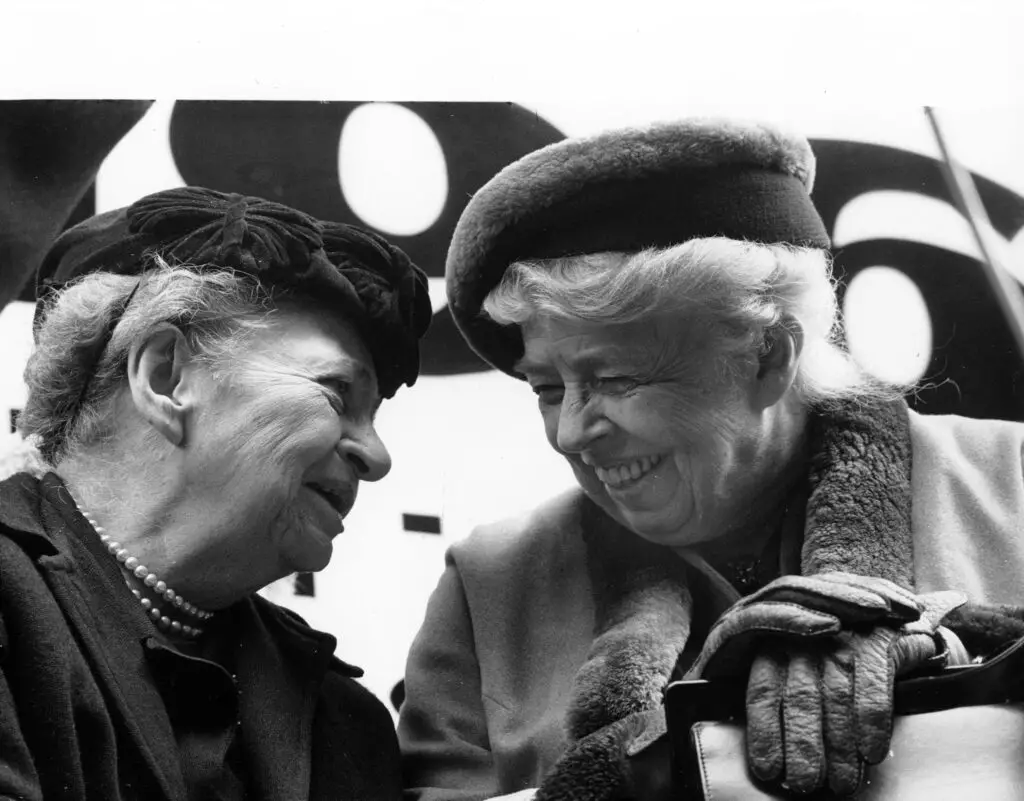
Frances Perkins was the force behind many of the labor rights we take for granted today. As the first female U.S. Cabinet member, she served as Secretary of Labor under Franklin D. Roosevelt. She played a crucial role in shaping Social Security, the 40-hour workweek, and minimum wage laws. Her advocacy helped end child labor and improve workplace safety nationwide.
Her work changed American life, yet she rarely gets the credit she deserves. Without Perkins, the modern workplace would look very different. She spent decades fighting for workers’ rights, even when it was unpopular. A holiday in her name would be a fitting tribute to someone who dedicated her life to fairness and dignity in the workforce.
7. Robert Smalls
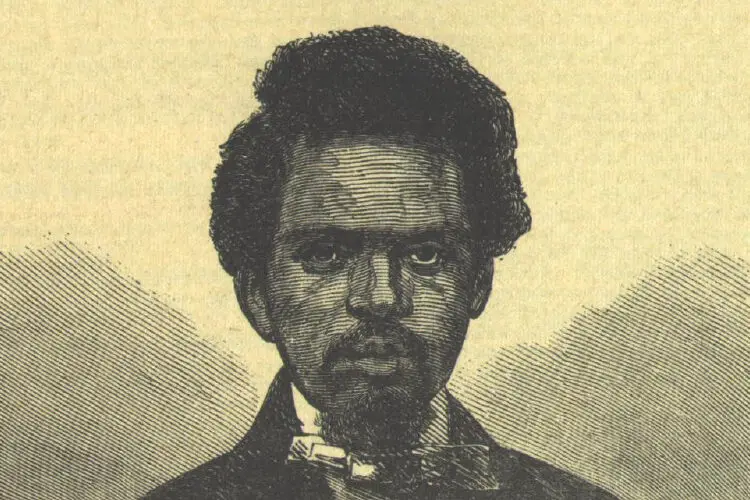
Robert Smalls was born into slavery but became a Civil War hero and later a U.S. congressman. During the war, he pulled off a daring escape by stealing a Confederate ship and sailing it to freedom with his family and other enslaved people aboard. After the war, he entered politics and worked to expand rights for African Americans, including public education.
His courage and leadership reshaped history, yet he remains largely unknown outside of history books. He didn’t just secure his own freedom—he spent his life fighting for the rights of others. His story is one of resilience and determination, and a holiday in his honor would remind us of the power of bravery and intelligence in the face of oppression.
8. Zitkala-Ša
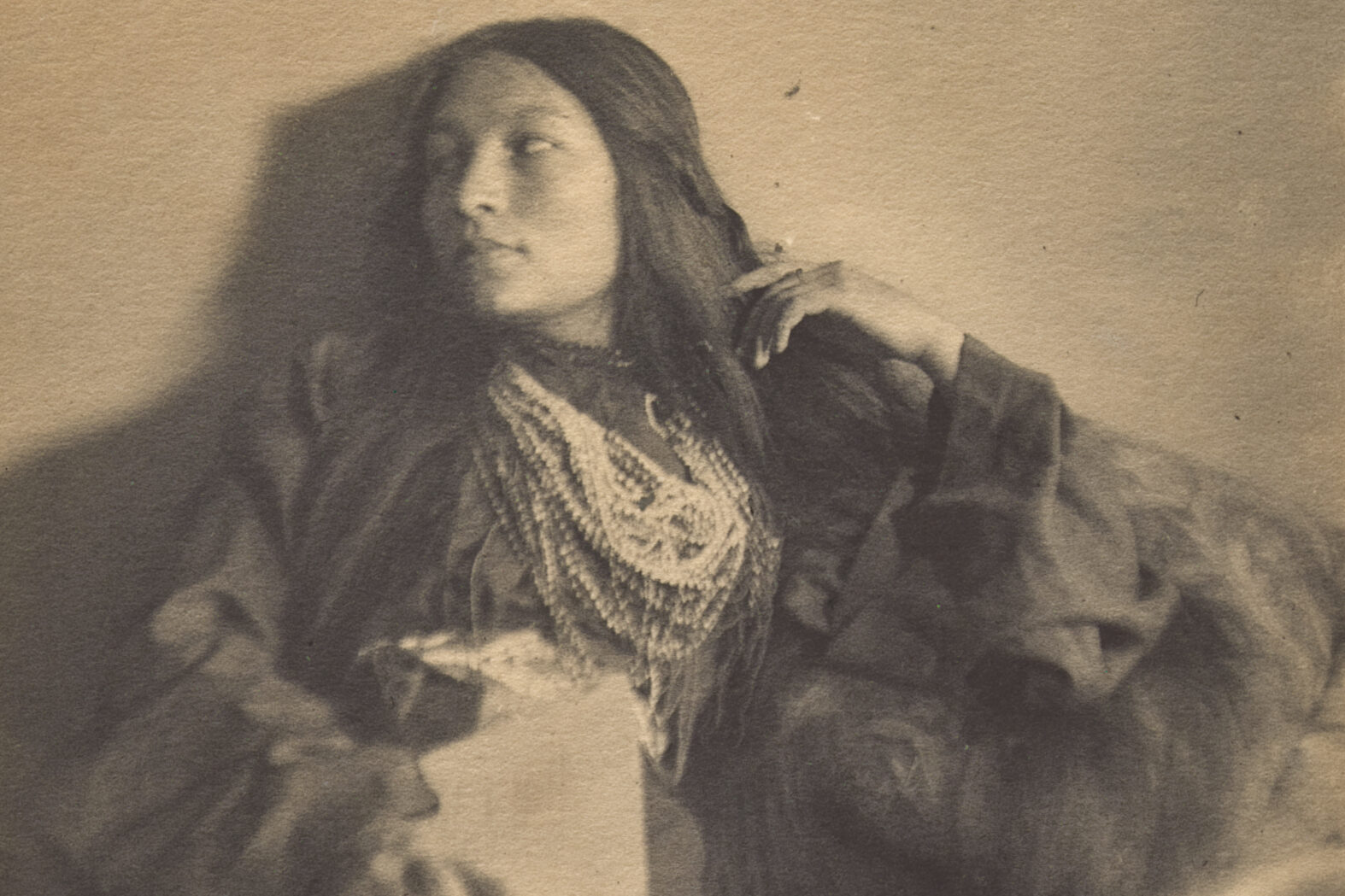
Zitkala-Ša was a Native American writer, activist, and musician who fought for Indigenous rights in the early 20th century. Born in 1876, she was forced to attend a boarding school where she was stripped of her culture. She later used her writing to expose the injustices faced by Native Americans. She also helped secure citizenship and voting rights for Indigenous people.
Her work combined art and activism, making her one of the most influential voices of her time. She co-founded the National Council of American Indians, pushing for policies that protected Native sovereignty. Her legacy is one of resistance, resilience, and cultural pride. A holiday in her honor would be a step toward recognizing the struggles and contributions of Indigenous people in American history.
9. Bessie Coleman
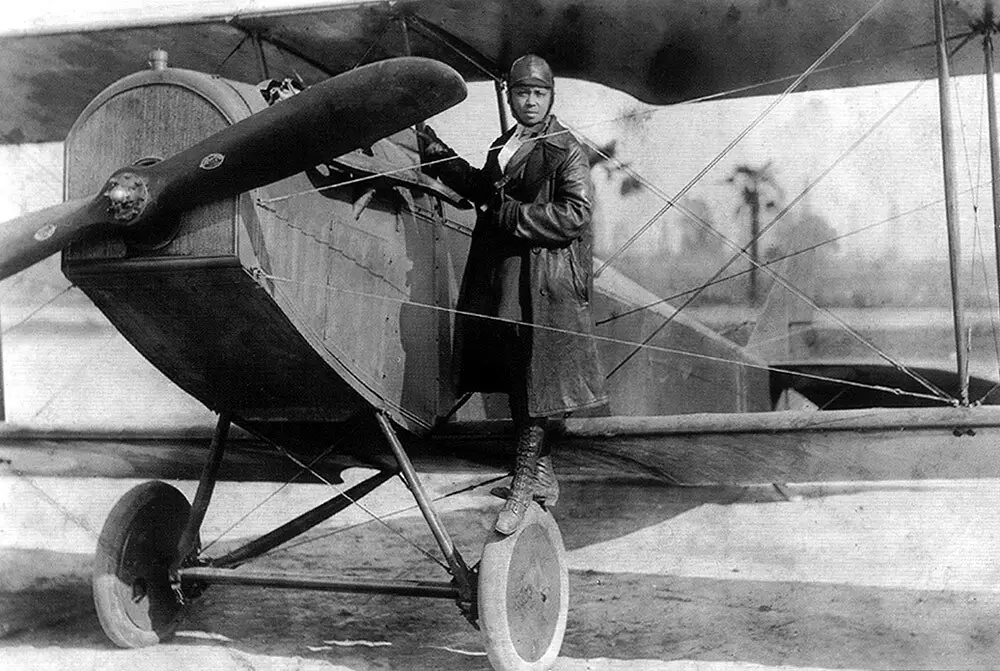
Bessie Coleman broke racial and gender barriers as the first Black and Native American woman to earn a pilot’s license. Denied the opportunity to fly in the U.S., she moved to France to get her training. She became a famous stunt pilot, dazzling crowds with daring aerial tricks.
She dreamed of opening a flight school for Black pilots, but her life was tragically cut short in a plane crash. Despite her short career, she inspired generations of aviators. Her fearlessness in chasing her dreams, despite discrimination, makes her a true American hero.
10. Hugh Thompson Jr.

Hugh Thompson Jr. was a U.S. Army helicopter pilot who risked everything to stop the My Lai Massacre during the Vietnam War. On March 16, 1968, he and his crew flew over a village where American soldiers were killing unarmed Vietnamese civilians, including women and children. Horrified by what he saw, he landed his helicopter between the troops and the villagers, ordering his men to protect the survivors. He even threatened to fire on fellow U.S. soldiers if they continued the slaughter.
His actions were met with hostility from his superiors, and for years, he was treated as a traitor instead of a hero. It wasn’t until decades later that the military finally recognized his bravery and awarded him the Soldier’s Medal. Thompson proved that true courage isn’t just about fighting—it’s about standing up for what’s right, even when it’s unpopular. His story is a reminder that integrity matters, even in war.
11. Harriet Tubman
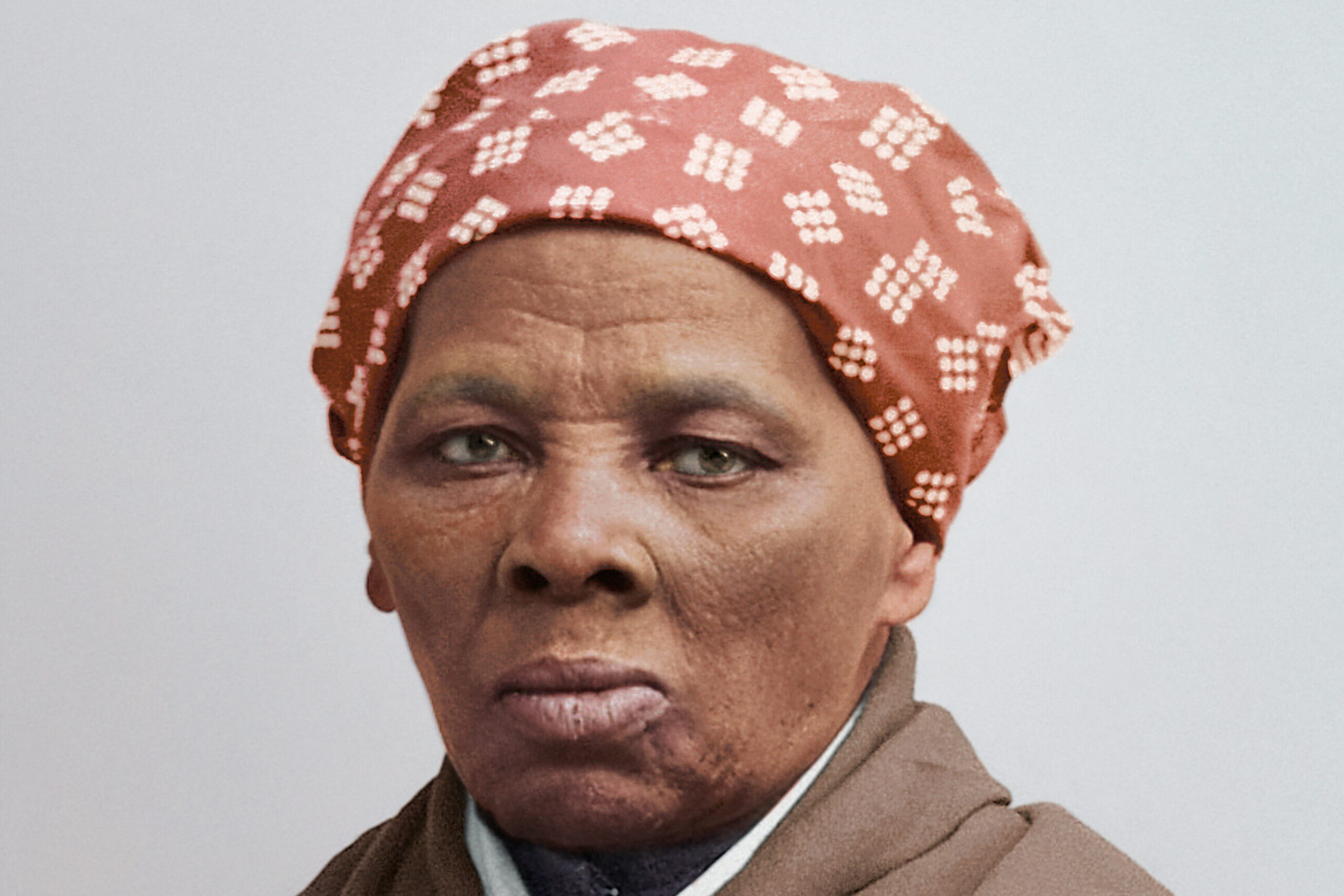
Harriet Tubman is famous for leading enslaved people to freedom, but her heroism extended far beyond what history books often mention. After escaping slavery herself, she returned to the South multiple times, guiding dozens to freedom on the Underground Railroad. She became known as “Moses” for her ability to navigate treacherous routes, using the North Star and secret codes to lead people to safety.
During the Civil War, she served as a Union spy, scout, and nurse, gathering intelligence behind enemy lines. She even became the first woman to lead a military raid, freeing over 700 enslaved people in South Carolina. Despite her enormous contributions, she was denied a military pension for years. If anyone deserves a national holiday, it’s Harriet Tubman—her relentless bravery and selflessness changed countless lives.
12. Joshua Chamberlain
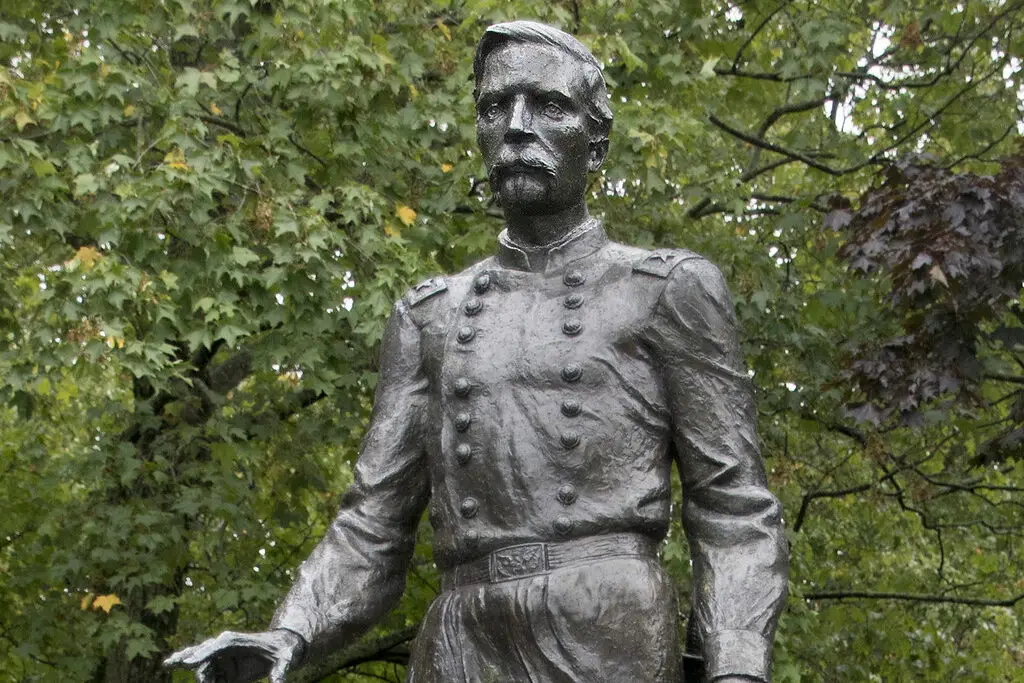
Joshua Chamberlain was a college professor-turned-soldier whose leadership at the Battle of Gettysburg helped turn the tide of the Civil War. As commander of the 20th Maine Infantry, he was ordered to defend Little Round Top, a crucial hill that could have determined the outcome of the battle. When his men ran out of ammunition, he ordered a daring bayonet charge down the hill, catching Confederate forces by surprise and securing the Union’s victory.
Despite being wounded multiple times in battle, he continued to serve and later became the governor of Maine. He was one of the few Civil War officers to be awarded the Medal of Honor twice. Chamberlain’s bravery and leadership saved countless lives, yet he’s often overshadowed by more famous generals. His story deserves more recognition, and a holiday in his name would be a fitting tribute to his legacy.
13. Clara Barton

Clara Barton was a battlefield nurse who earned the nickname “Angel of the Battlefield” for her fearless work during the Civil War. She risked her life by tending to wounded soldiers directly on the front lines, often dodging bullets and cannon fire to bring them medical supplies. Her efforts helped revolutionize battlefield medicine, ensuring that wounded soldiers received care as quickly as possible.
After the war, she founded the American Red Cross, which continues to provide disaster relief and emergency aid to this day. She also fought for better treatment of veterans and worked to reunite missing soldiers with their families. Without her, humanitarian aid in the U.S. would look very different. A day in her honor would recognize her incredible contributions to both medicine and humanitarian work.
